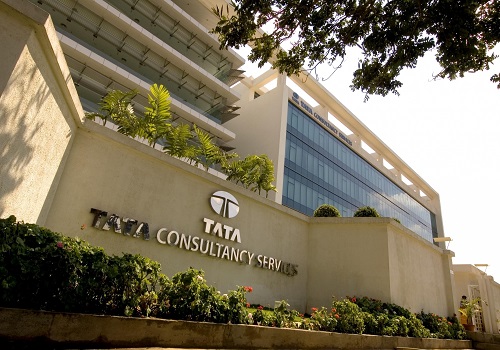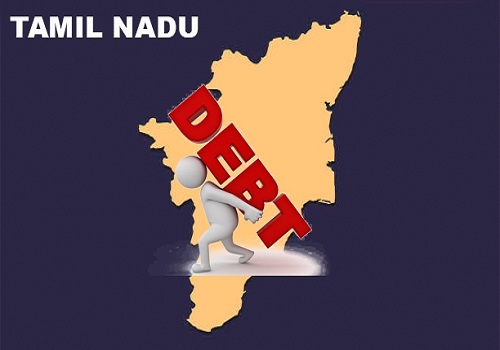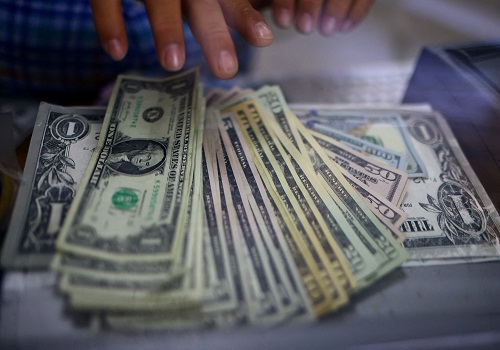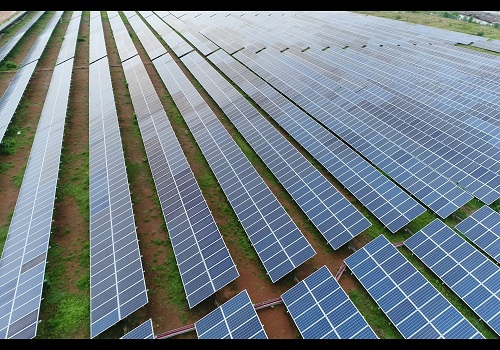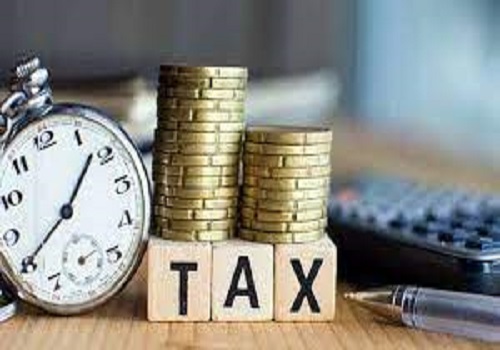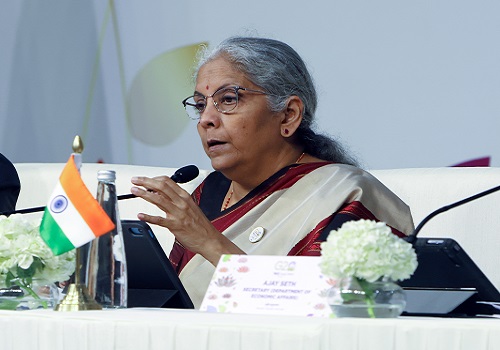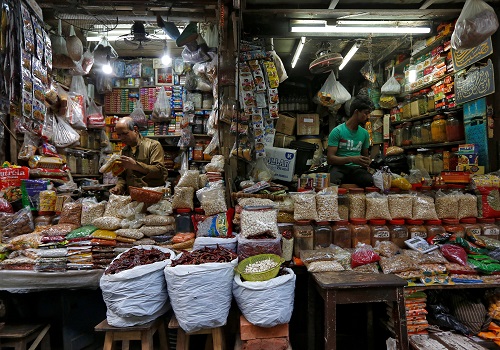Fall in share of food in rural consumption basket indirectly indicates uptick in rural income
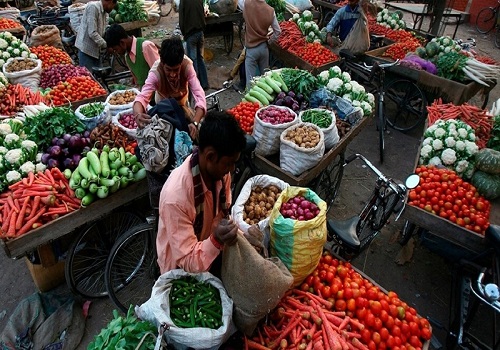
The fall in share of food below 50 per cent mark at 46.3 per cent in rural consumption basket would have far reaching implications for the upcoming decade, as this would open up scope for a pick-up in discretionary spending, JM Financial Institutional Securities said in a report.
India’s latest household consumption survey for 2022- 23, paints an optimistic picture especially for the rural economy. Fall in share of food in the rural consumption basket indirectly indicates uptick in rural income. This is in contrast to the corporate commentary during the last 4-6 quarters, which lacked concrete evidence on the pickup in rural consumption, the report said.
Increased share of durable goods (6.9 per cent vs. 4.9 per cent prior) coincided with a fall in share of footwear and clothing, clearly indicating an uptick in rural income and this increase in income is led by non-agri activities.
Effective fiscal policy ensured that the impact of fuel costs did not impact the consumption pattern even amidst volatility in Brent crude price.
Increased preference for beverages/processed food, toilet/household consumables is in line with the corporate commentary of increased penetration by FMCG players in the hinterlands, the report said.
Within the consumption basket, increase in share of conveyance has been even sharper than in urban areas. When compared with the urban areas, consumption disparity is the lowest in lower fractile, indicating the effectiveness of public policies in reducing poverty, the report said.
Change in consumption pattern is largely a by-product of increased income -- as it is generally seen that the share of spending on food decreases as income increases, the report said.
On policy aspects, as food forms lower share of the consumption basket, governments would now have to tinker its policy actions which should include items which still pinches consumer’s pocket. First level thinking would lead to a conclusion that government policies would now prefer subsidised electricity over free food going forward, but considering food programmes come with less cash outgo and provide more political mileage, we expect food programmes to continue, the report said.
Secondly the findings in this report would call for an overhaul of the weightage of food in the CPI basket, reducing the volatility associated with it to that extent.


